Science needs people with the widest range of talents, backgrounds, perspectives, and experiences, which is why we are committed to removing barriers that unfairly prevent people from accessing scientific education and careers. Our goal is to help ensure that anyone with the passion and talent for science, can study, work, and thrive in STEM.
We know there is a long way to go to be able to achieve that goal, and we have much work to do to improve inclusion across our activities as an organisation and through our efforts to support the wider STEM community.
You can find out more about our diversity and inclusion goals as well as the work we do, below.

Diversity data at the Royal Society
The Society’s Diversity Committee regularly monitors statistics on diversity across the Society’s…

Environmental science in British Sign Language
400 new signs relating to environmental science terms in British Sign Language
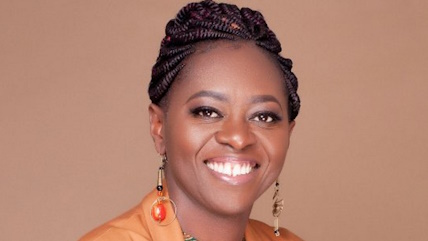
Parent Carer Scientist
These 25 profiles showcase the diverse approaches taken by scientists who have combined careers in…
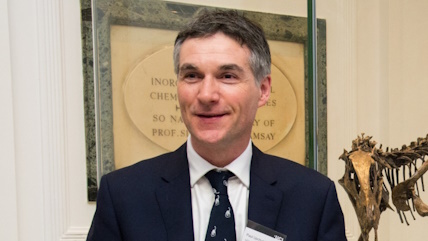
Disability in STEM – research commissioned by the Royal Society
Supporting scientists with disabilities is a key priority for the Royal Society and its Diversity…
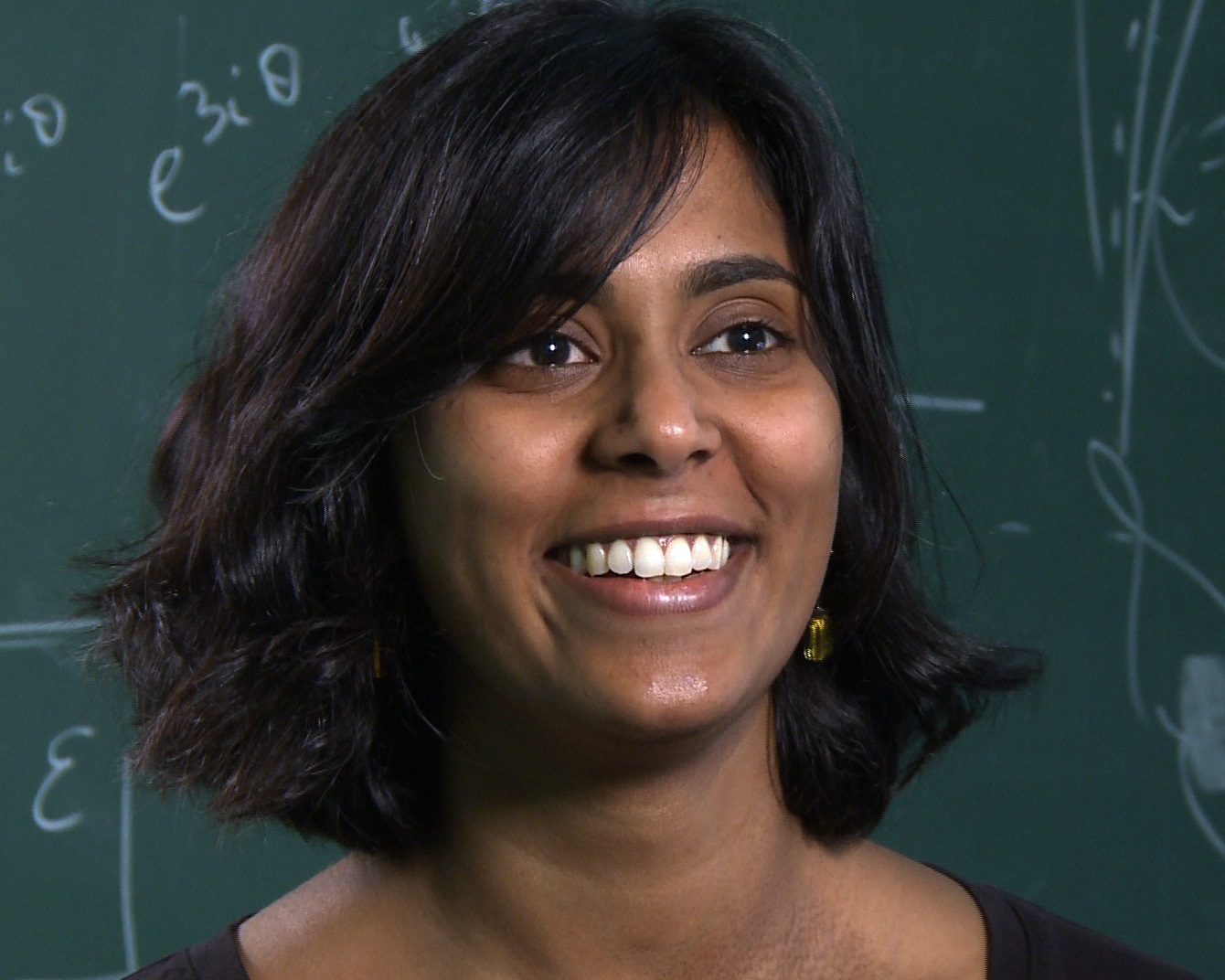
Inspiring Scientists: Diversity in British Science
Explore stories from inspiring British scientists with minority ethnic heritage, from a range of…
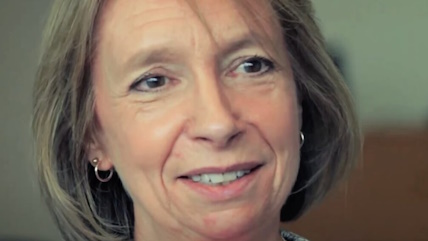
I wasn't always a scientist
Series of short videos about scientists who didn’t take traditional routes into their scientific…
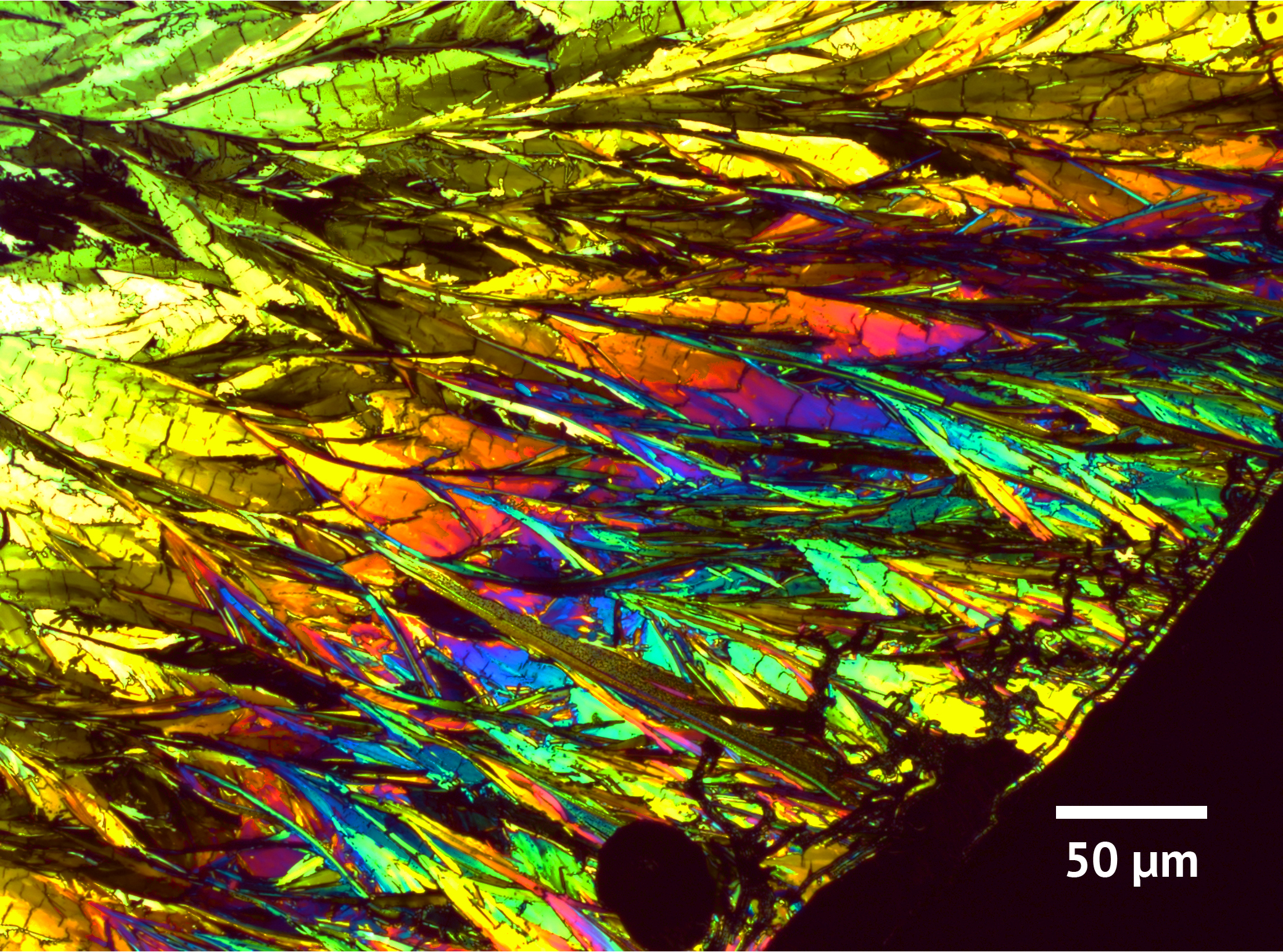
Royal Society Rosalind Franklin Award and Lecture
This award is made to support the promotion of women in science, technology, engineering and…
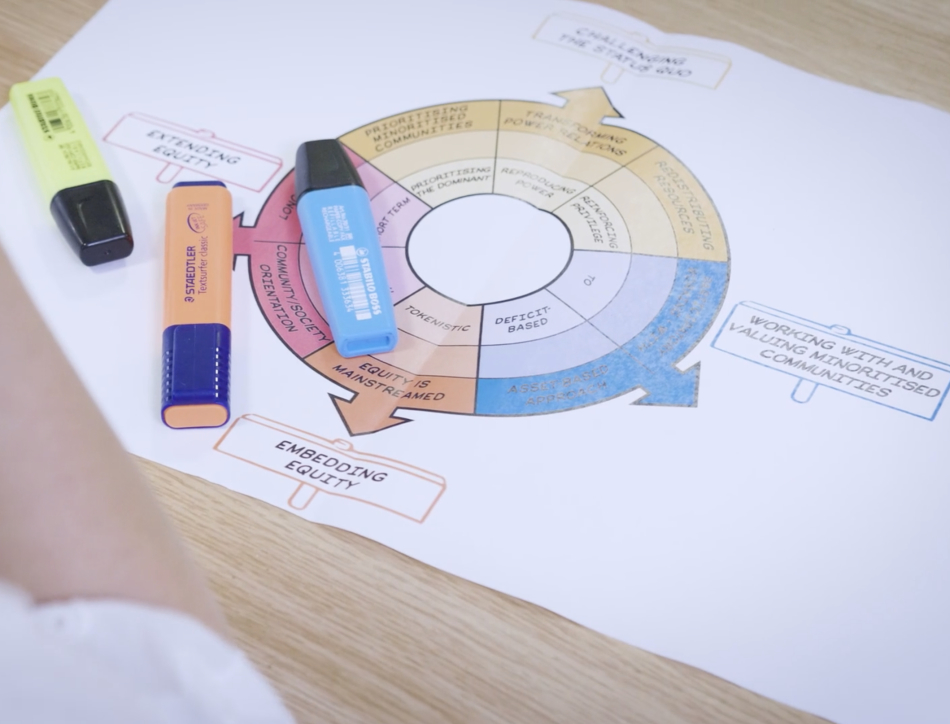
Royal Society Athena Prize
The Royal Society Athena Prize is awarded biennially to teams, working in UK academic and research…

Ethnicity in STEM - reports
New research commissioned by the Royal Society shows disparities in degree outcomes and academic…
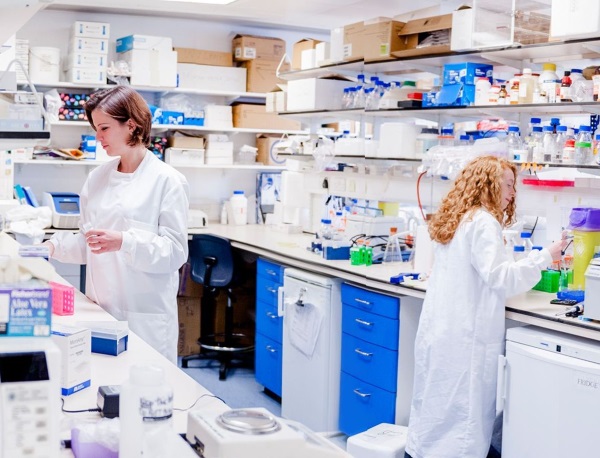
A picture of the UK scientific workforce
Findings from the Royal Society on the UK's scientific workforce in terms of gender, ethnicity and…

Career Development Fellowship
This scheme provides the most talented early career scientists from underrepresented groups in…
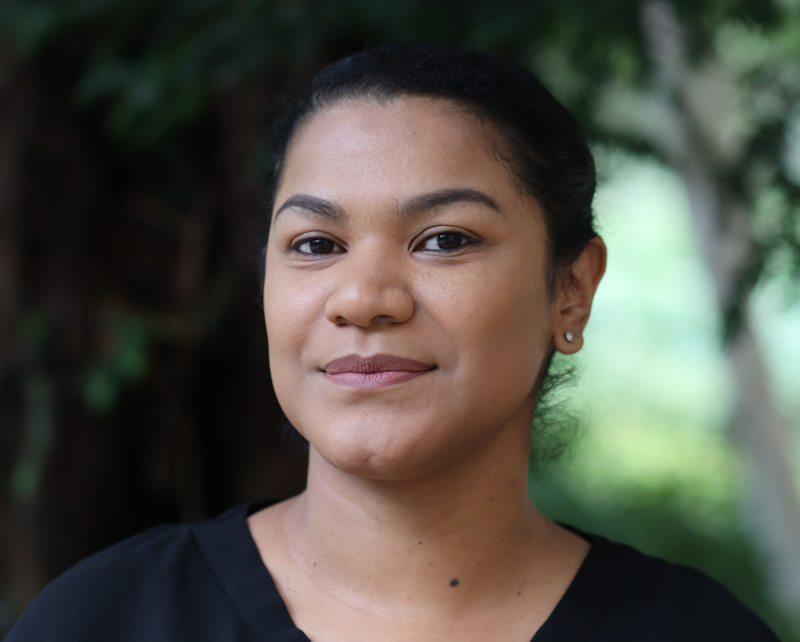
Reclaiming narratives: ScienceWrite blog series
This blog series highlights the lives and achievements of scientists from minoritised groups.
Recent blog posts
View all posts
Liz Sockett FRS
In News and views
3 min read
From molecular structures to research culture: Celebrating Rosalind Franklin’s legacy
Rosalind Franklin never lived to see the full impact of her discoveries. She didn’t witness how…
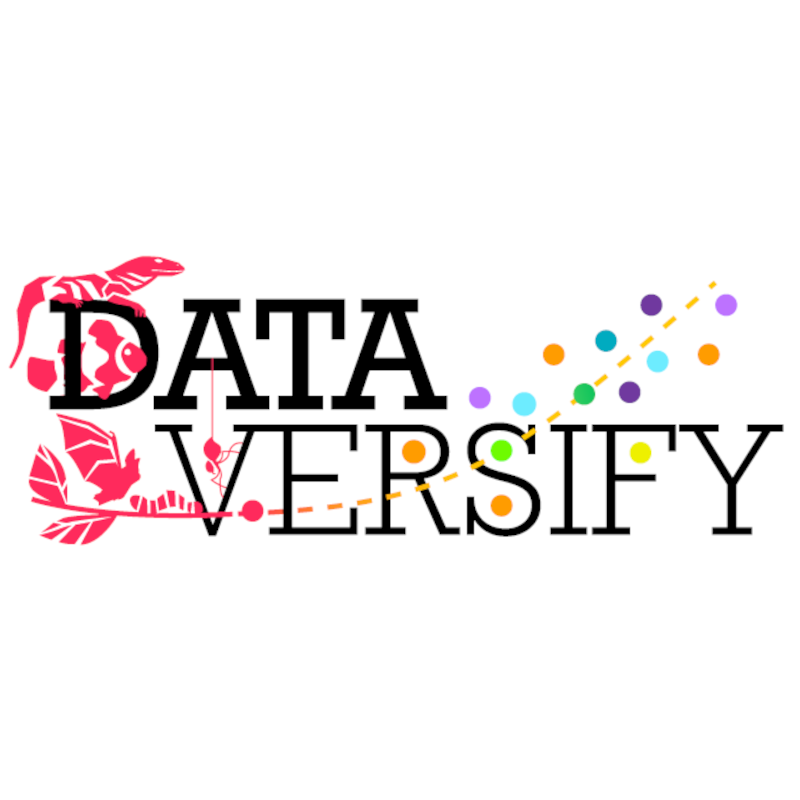
Professor Robin Costello
In Publishing
4 min read
More than a token photo
When asked to name scientists, students mention the likes of Charles Darwin, Albert Einstein, and…


Simone Cuff
In News and views
4 min read
Against the current: Dr Lisa-Ann Gershwin’s path to science
Simone Cuff shares Dr Lisa-Ann Gershwin’s career story, including challenges and successes, for…

